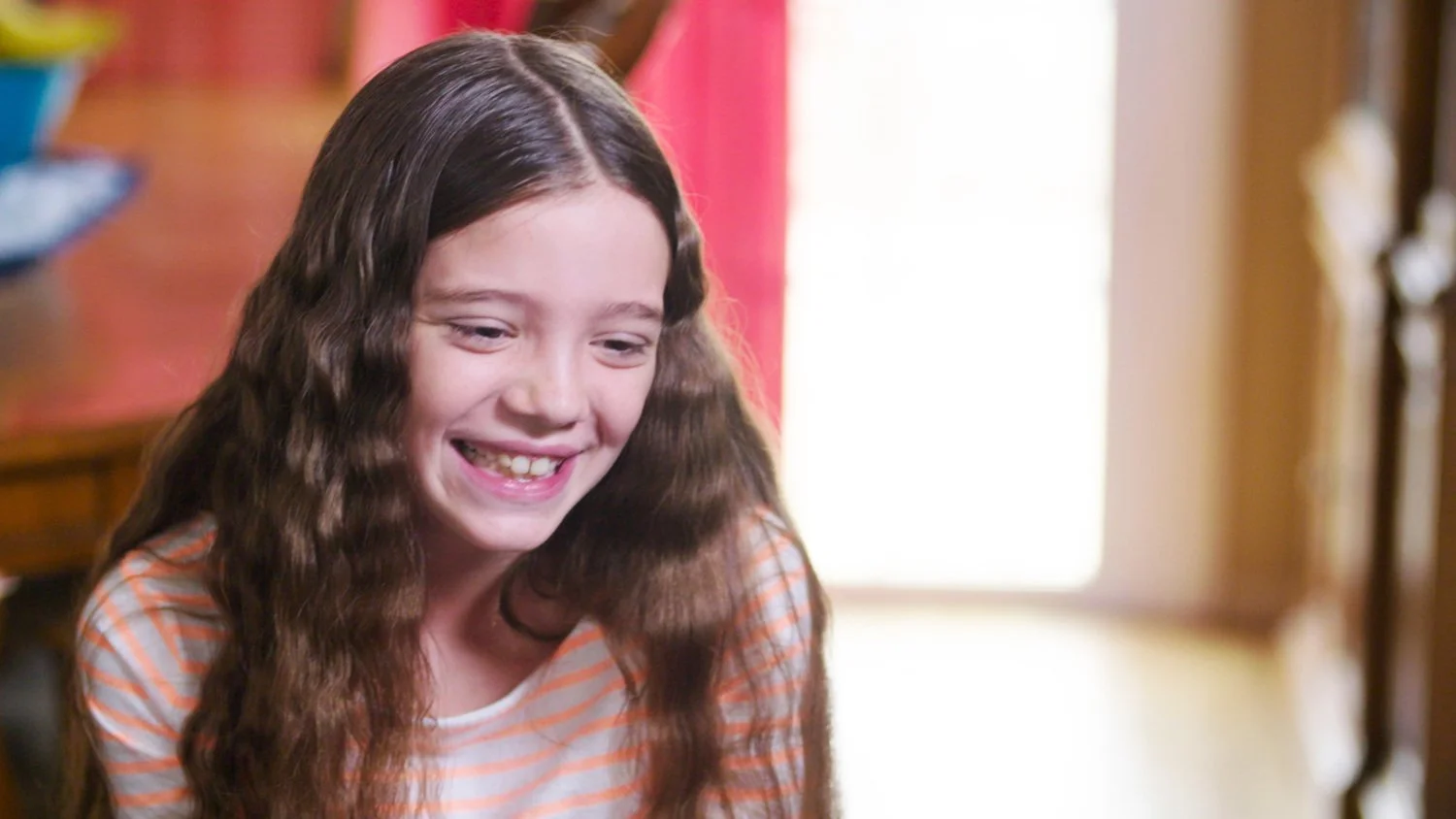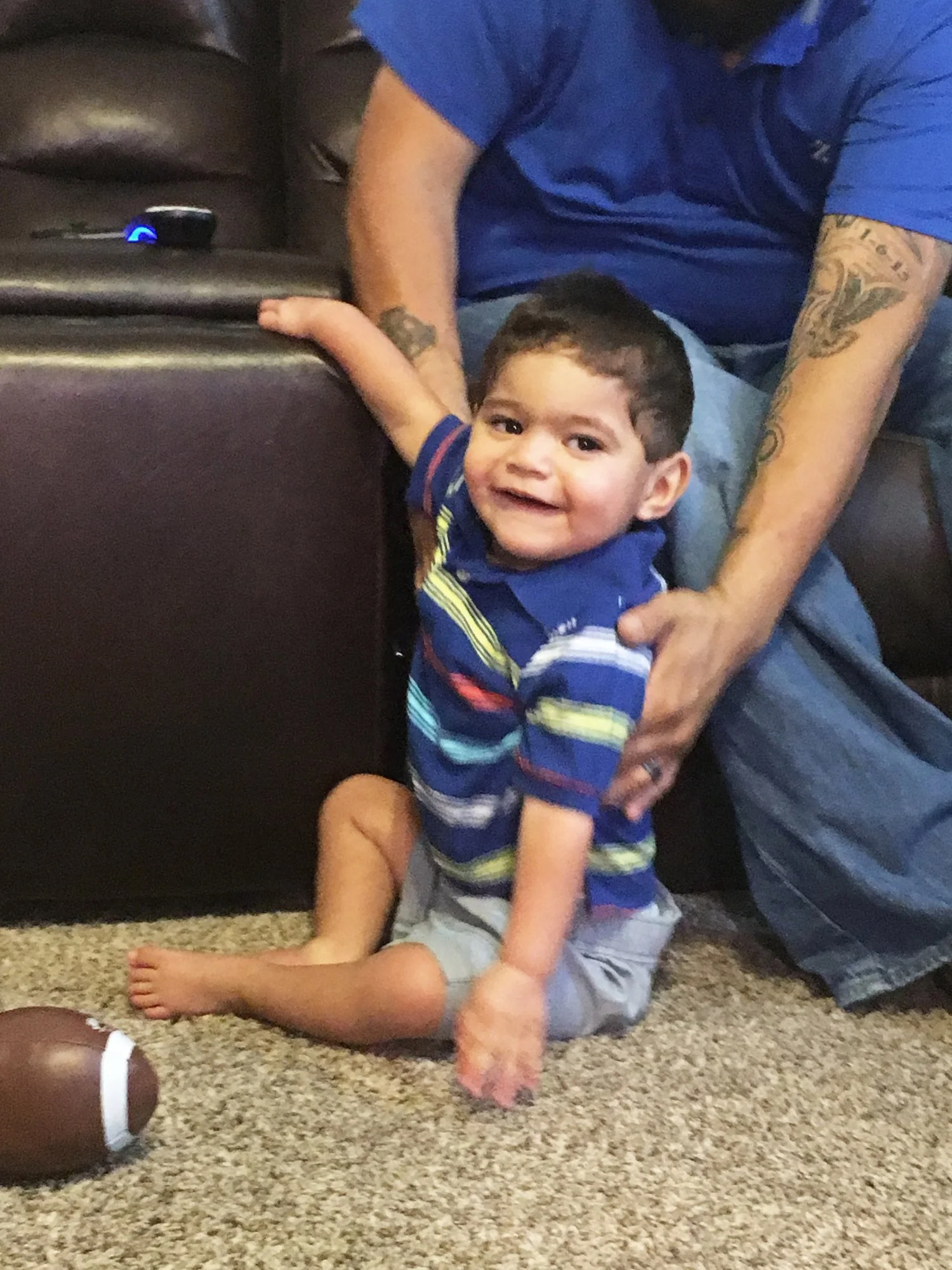CASA of Tarrant County Blog
Filter by Category:
ADVOCATE SPOTLIGHT BOARD SPOTLIGHT YOUNG PROFESSIONAL COUNCIL SUCCESS STORY SWEAR-INS EVENTS AWARENESS
Success Story: Aurora
GREW UP NEGLECTED. TOOK CARE OF HER YOUNGER SIBLINGS.
THEN SEPARATED FROM HER SIBLINGS IN FOSTER CARE
Success Story: Bryan
ENDURED SEVERE PHYSICAL ABUSE AS AN INFANT. MULTIPLE BROKEN BONES, IN A MEDICAL COMA AT THE HOSPITAL
Success Story: Kai
In foster care by age four.
Severe physical abuse.
Deep emotional scars.
Heartbroken and afraid.
Success Story: Mya
Born prematurely
Severe medical problems
Multiple foster homes
A lifetime of uncertainty




